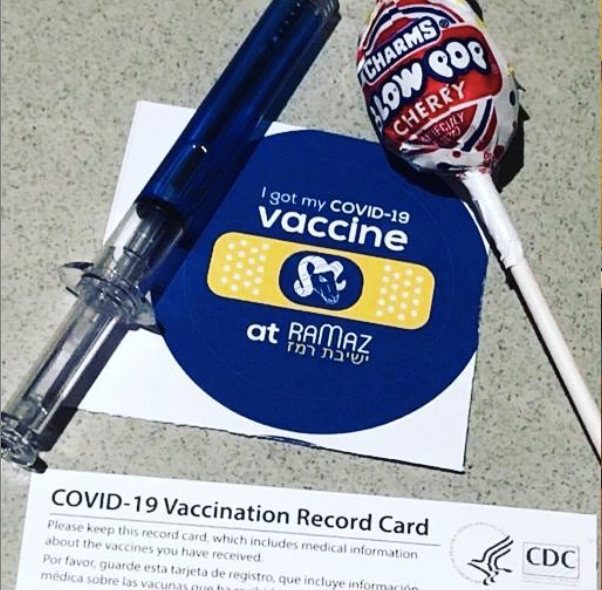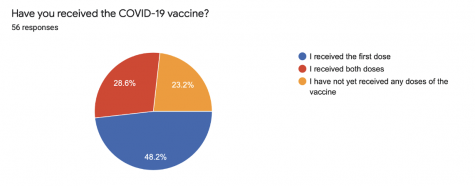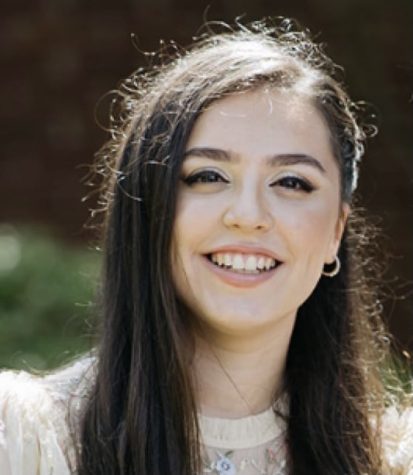Covid-19 Vaccines at Ramaz: Everything You Need to Know
The Covid-19 vaccine has finally arrived into the hands of the general public, creating a mixture of excitement and trepidation among those eligible to receive it. Scientists made use of never-before-seen mRNA technology to produce the vaccine, instilling feelings of uneasiness and hesitation in some. On the other hand, many feel that the slew of Covid-19 vaccines available is the only shot at returning to life before the pandemic.
As of April 27th, about 77% of eligible Ramaz students (those who are 16 and older) reported receiving either one or both doses of the vaccine, according to a poll conducted by the Rampage. Those who have not received the coronavirus vaccine, about 23% percent of respondents, were asked for the reason behind their decision.
“I am not in any danger of the virus,and an older person who is at risk from the virus should get it before I do. There is also no way to know the long-term effects, and it’s not FDA approved yet (only Emergency Use Authorization),” replied one anonymous respondent.
“I haven’t gotten around to signing up, but definitely hope to be vaccinated soon,” responded another. Other responses varied, citing lack of available appointments, parental objections, and concerns about the long-term effects of the vaccine.
According to New York State immunization requirements, both private and public schools must require students to receive a plethora of vaccinations, including mumps, measles, and tetanus shots, with medical and religious exemptions. In all likelihood, the Ramaz administration has the ability to require the Covid-19 vaccine for students that are eligible to receive it.
Requiring teachers to receive the Covid-19 vaccine is more complicated. States have the ability to enforce compulsory vaccine laws, under the authority of Supreme Court case Jacobson v. Massachusetts, which states that individual liberty is not always absolute. This Supreme Court ruling is the basis of government mask mandates and stay-at-home orders throughout the pandemic. However, it is unlikely that states will require Covid-19 vaccinations for the general public, due to its EUA status.
There are few legal barriers when it comes to employers requiring the Covid-19 vaccines, with medical and religious exemptions. While some universities are not requiring the vaccine for employees, some have decided to make Covid-19 vaccinations mandatory, such as Rutgers University. In the end, it seems as if it is up to the administration to decide whether they will be requiring the Covid-19 vaccines for the 2021-2022 school year.





